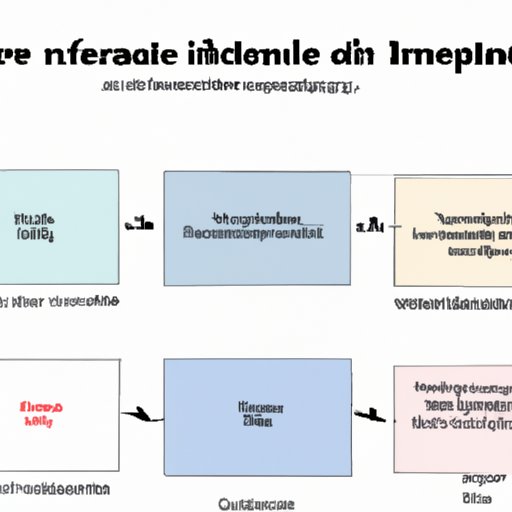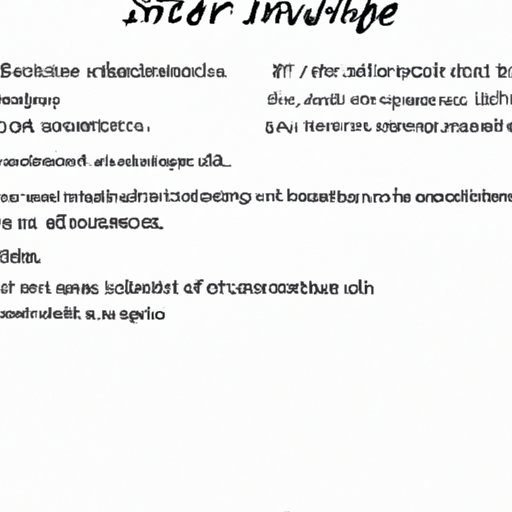
Exploring the Definition of an Independent Variable in Science
Independent variables are an essential part of scientific experiments and studies. The term “independent variable” refers to a variable that is manipulated or changed by an experimenter or researcher to measure its effect on another variable, called the dependent variable. In this way, independent variables are used to test hypotheses and draw conclusions from experiments.

Defining the Role of an Independent Variable in Scientific Experiments
In scientific experiments, independent variables are used to test hypotheses and determine cause-and-effect relationships between different variables. For example, if a scientist wants to test the effects of temperature on plant growth, they could use temperature as their independent variable. By manipulating the temperature of the environment, the scientist can observe how the plants react to different levels of heat.
Other examples of how independent variables are manipulated include changing the amount of light in an experiment, altering the concentration of a chemical solution, or adjusting the number of participants in a study. All of these manipulations are done with the goal of testing hypotheses and determining cause-and-effect relationships.
A Guide to Understanding the Meaning of an Independent Variable
The relationship between independent and dependent variables is important to understand when studying the meaning of an independent variable. Dependent variables are those that are affected by the manipulation of the independent variable. For example, in the experiment mentioned above, the dependent variable is the growth of the plants, which will be affected by the temperature of the environment.
It is also important to note that when working with independent variables, other variables must be controlled in order to accurately measure the effects of the independent variable. For instance, if the scientist wants to measure the effects of temperature on plant growth, they must make sure that factors like light, water, and soil type remain constant throughout the experiment.

An Overview of What Makes a Variable Independent in Science
When considering what makes a variable independent in science, it is important to understand the types of variables that can be used. Generally speaking, independent variables are either manipulated variables or categorical variables. Manipulated variables are those that can be changed or controlled by the experimenter, such as temperature, light, or pH. Categorical variables are those that cannot be manipulated, such as gender, race, or age.
Common examples of independent variables used in scientific experiments include temperature, light intensity, time, pH, concentration of a chemical solution, and number of participants. It is important to note that these variables may be manipulated in different ways, depending on the experiment.
Unpacking the Concept of an Independent Variable in Science
Using independent variables allows scientists to draw conclusions about cause-and-effect relationships between variables. For example, if a scientist manipulates the temperature of a plant’s environment and finds that the plants grow better at higher temperatures, they can conclude that temperature has an effect on plant growth. This type of conclusion would not be possible without the use of an independent variable.
In addition to allowing for the drawing of conclusions, independent variables also have other benefits. By controlling the independent variable, experimenters can ensure that only one variable is being tested at a time. This allows them to isolate the effects of that variable and draw more accurate conclusions about the results of the experiment.
Overall, independent variables are an important part of scientific experiments and studies. They allow researchers to test hypotheses and draw conclusions about cause-and-effect relationships between variables. Knowing the definition of an independent variable and understanding its role in scientific experiments is essential for conducting successful research.
(Note: Is this article not meeting your expectations? Do you have knowledge or insights to share? Unlock new opportunities and expand your reach by joining our authors team. Click Registration to join us and share your expertise with our readers.)
